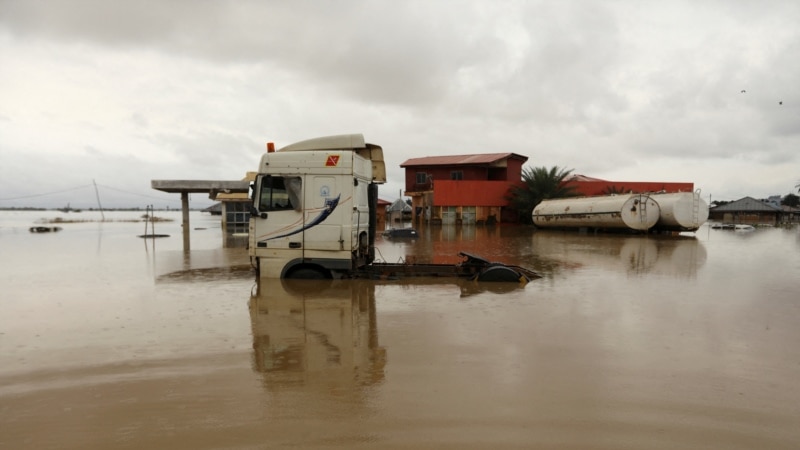This website uses cookies so that we can provide you with the best user experience possible. Cookie information is stored in your browser and performs functions such as recognising you when you return to our website and helping our team to understand which sections of the website you find most interesting and useful.

More than 600 people are now known to have perished in the worst floods in a decade in Nigeria, according to a new toll released Sunday.
The disaster had also forced more than 1.3 million from their homes, said a statement by Nigeria's ministry of humanitarian affairs, released on Twitter.
“Unfortunately, over 603 lives have been lost as of today October 16, 2022," Humanitarian Affairs Minister Sadiya Umar Farouq said.
The previous toll from last week stood at 500, but the numbers had risen in part because some state governments had not prepared for the floods, the minister said.
The flooding also destroyed more than 82,000 houses and nearly 110,000 hectares (272,000 acres) of farmland, said Umar Farouq.
While the rainy season usually begins around June, the rainfall had been particularly heavy since August, according to the National Emergency Management Agency (NEMA).
In 2012, 363 people died and more than 2.1 million were displaced by flooding.
Sub-Saharan Africa is disproportionately affected by climate change and many of its economies are already struggling from ripple effects of the Russia-Ukraine war.
Rice producers have warned that the devastating floods could impact prices in the country of some 200 million people where rice imports are banned to stimulate local production.
The World Food Program and the U.N.'s Food and Agriculture Organization said last month that Nigeria was among six countries facing a high risk of catastrophic levels of hunger.



 Africana55 Radio
Africana55 Radio 

